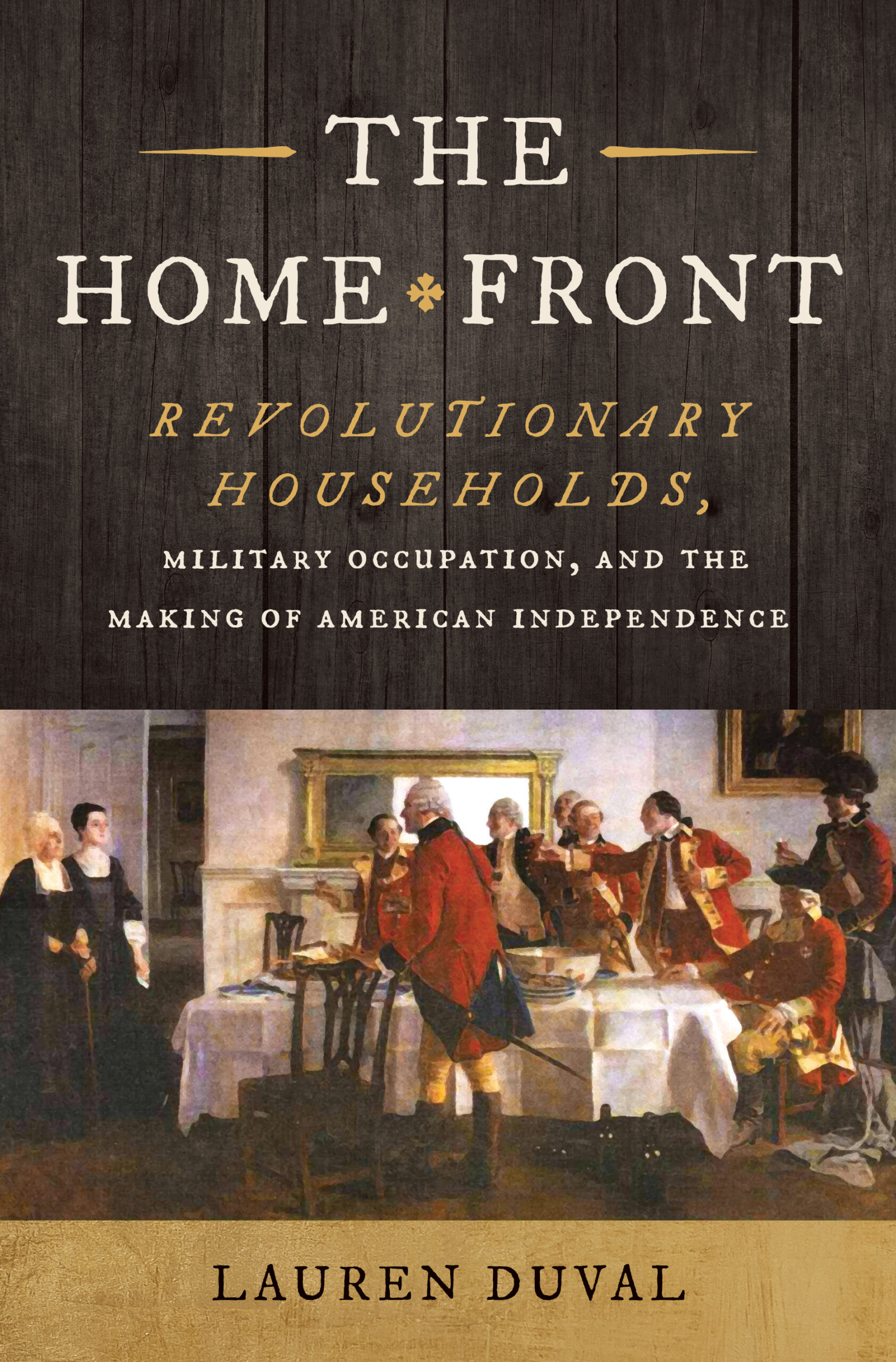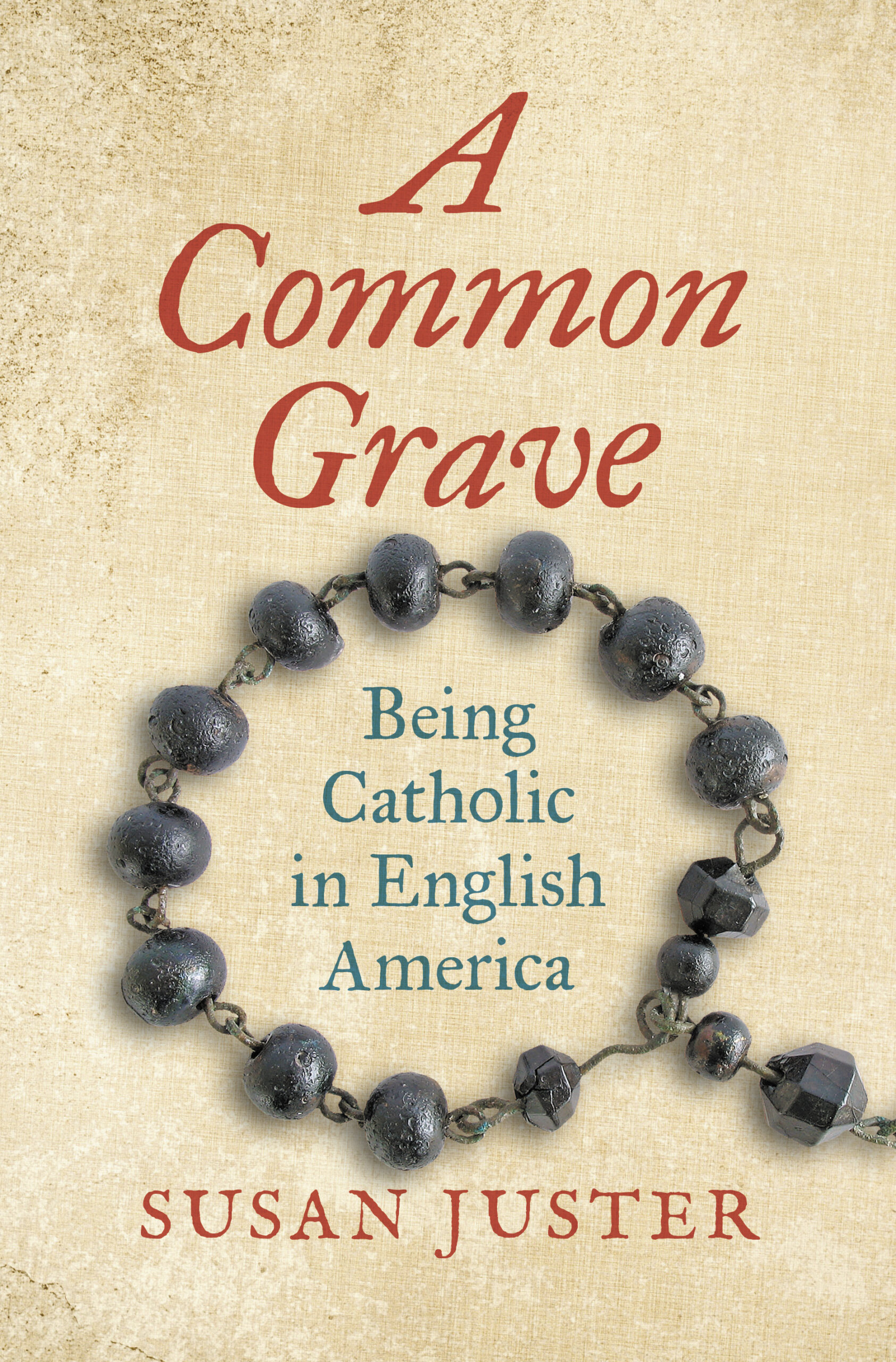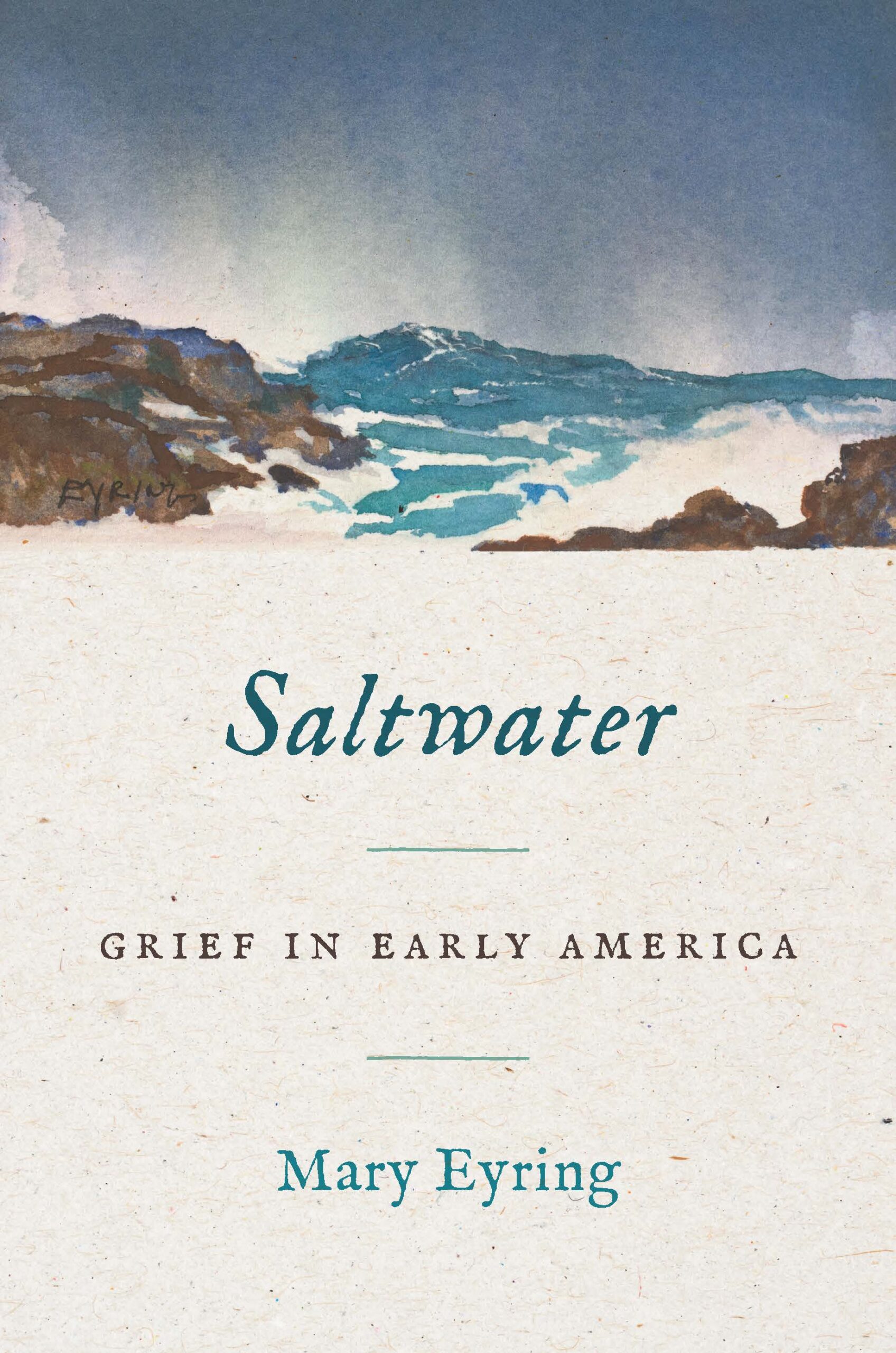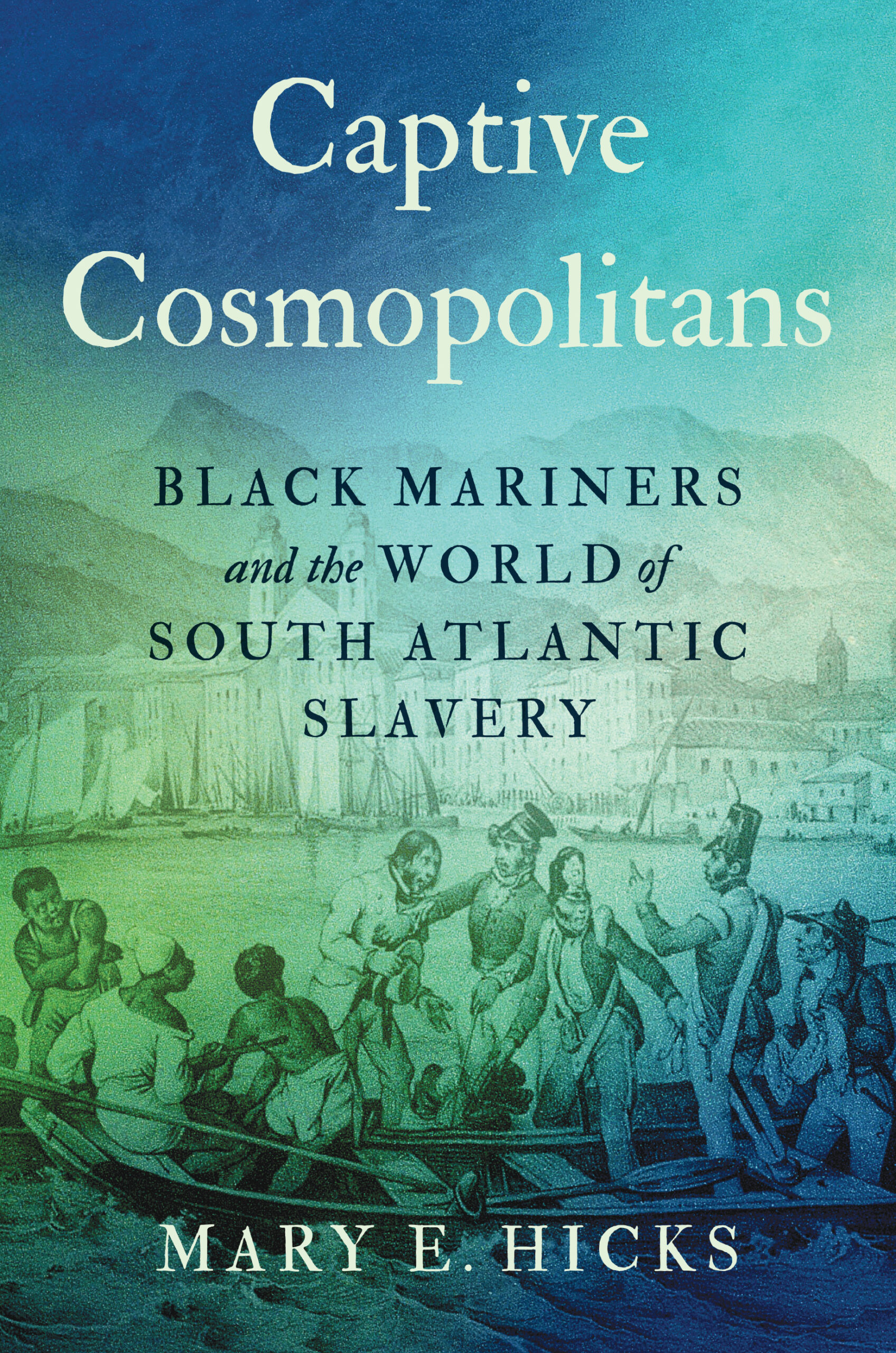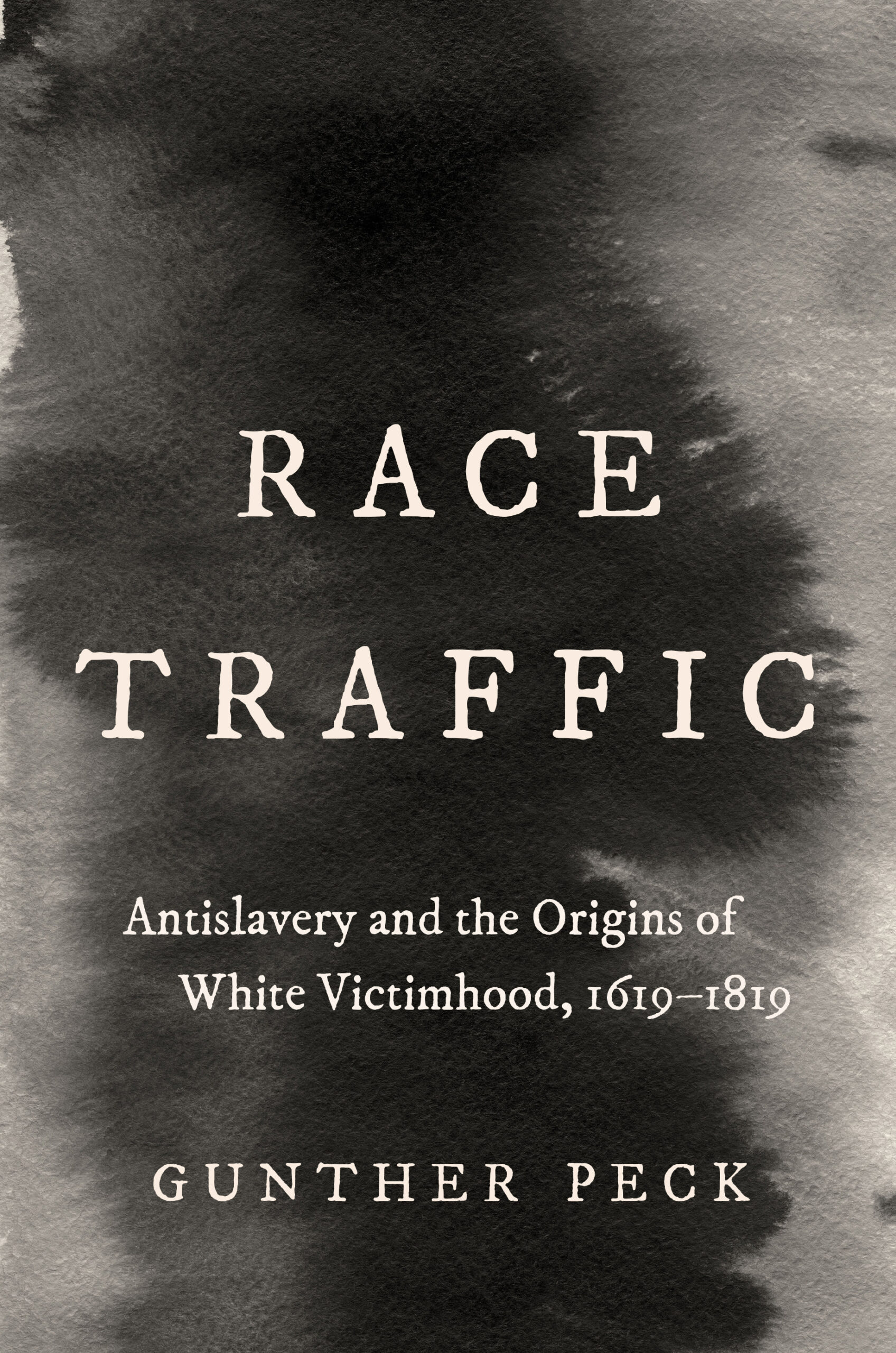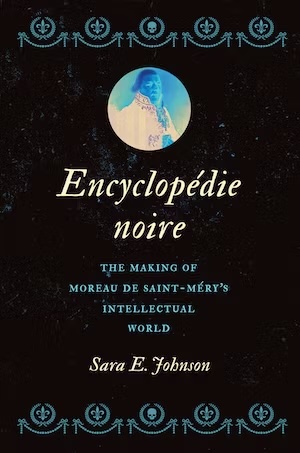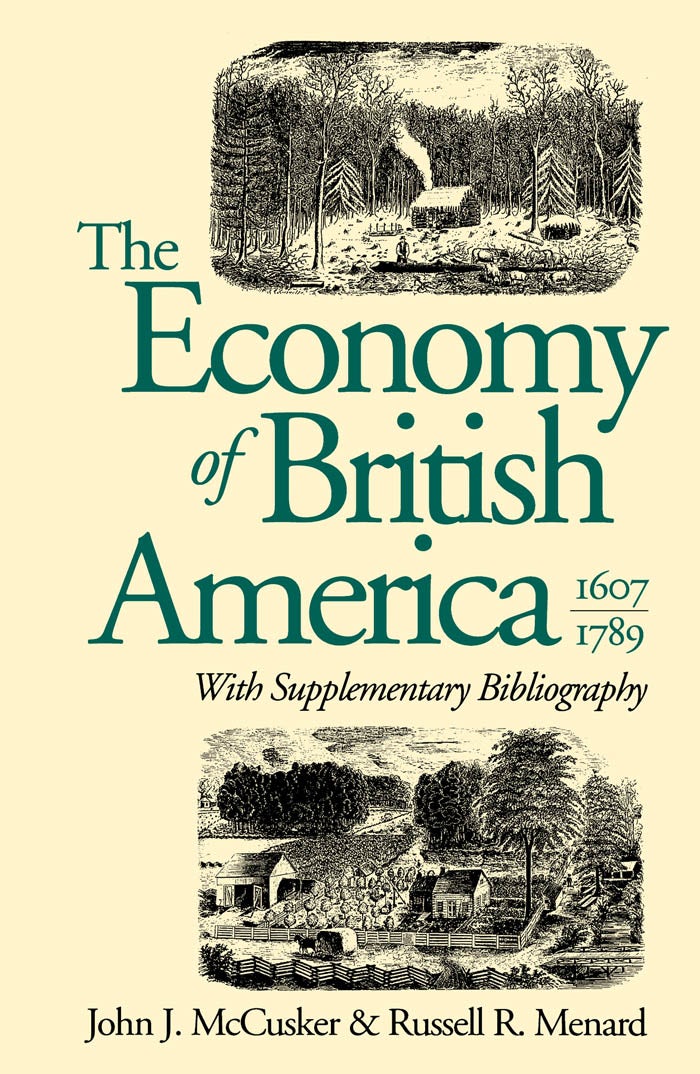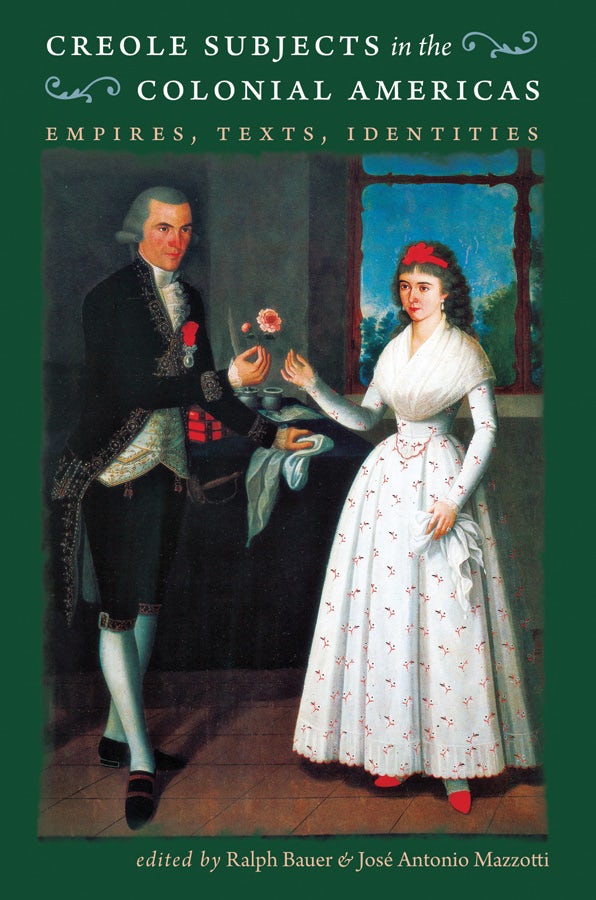
Creole Subjects in the Colonial Americas
Description
Creolization describes the cultural adaptations that occur when a community moves to a new geographic setting. Exploring the consciousness of peoples defined as “creoles” who moved from the Old World to the New World, this collection of eighteen original essays investigates the creolization of literary forms and genres in the Americas between the sixteenth and nineteenth centuries.
Creole Subjects in the Colonial Americas facilitates a cross-disciplinary, intrahemispheric, and Atlantic comparison of early settlers’ colonialism and creole elites’ relation to both indigenous peoples and imperial regimes. Contributors explore literatures written in Spanish, Portuguese, and English to identify creole responses to such concepts as communal identity, local patriotism, nationalism, and literary expression.
The essays take the reader from the first debates about cultural differences that underpinned European ideologies of conquest to the transposition of European literary tastes into New World cultural contexts, and from the natural science discourse concerning creolization to the literary manifestations of creole patriotism. The volume includes an addendum of etymological terms and critical bibliographic commentary.
Contributors:
Ralph Bauer, University of Maryland
Raquel Chang-Rodriguez, City University of New York
Lucia Helena Costigan, Ohio State University
Jim Egan, Brown University
Sandra M. Gustafson, University of Notre Dame
Carlos Jauregui, Vanderbilt University
Yolanda Martinez-San Miguel, University of Pennsylvania
Jose Antonio Mazzotti, Tufts University
Stephanie Merrim, Brown University
Susan Scott Parrish, University of Michigan
Luis Fernando Restrepo, University of Arkansas, Fayetteville
Jeffrey H. Richards, Old Dominion University
Kathleen Ross, New York University
David S. Shields, University of South Carolina
Teresa A. Toulouse, Tulane University
Lisa Voigt, University of Chicago
Jerry M. Williams, West Chester University
About The Author
Ralph Bauer is associate professor of English and comparative literature at the University of Maryland, College Park. He is author or editor of numerous books, including The Cultural Geography of Colonial American Literatures: Empire, Travel, Modernity.
Reviews
“Valuable. . . . A powerful resource in the critical debate about creole subjectivity and a way forward in the effort to transcend modern and early modern national and imperial boundaries in the study of the colonial Americas.”–Latin American Review of Books
“Brings together an impressive array of specialists. . . . Provides a welcome opportunity to read empire and nation afresh and in new critical constellations; it will–and should–inspire further investigations.”–Journal of American History
“Will appeal to Atlantic world scholars from many disciplines. . . . Suitable for undergraduate courses and could be paired profitably with historical studies.”–Hispanic American Historical Review
“The contributors are an exceptional group of scholars. . . . While each article in this volume stands well on its own, the greater contribution of the whole is that after reading all of the essays, one has a broad picture not only of the main topic, but also of many related topics, resulting in a better understanding of the culture of the Americas and the connections among authors, themes, histories, geographies, and ideologies. . . . Will surely inspire scholars and students working in multiple disciplines in the United States, Spanish America, Brazil and other areas of the Americas.”–The Americas
“This volume, over all, offers us the opportunity to study and reflect on the elite creoles of the western hemisphere.” –-Iberoamericana, trans.
“This anthology is impressive in its geographical and topical coverage.”–Louisiana History
“Impressive in its geographical and topical coverage.”–Louisiana History
“These essays capture the emerging ambivalent claims of elite creole identities in the early modern Americas. Acknowledging difference between colonial cultures of northern and southern European origins, they illuminate key common themes and continuities and set the stage for a new generation of Atlantic studies.”–Karen Ordahl Kupperman, New York University
“Scholars in comparative colonial and hemispheric studies will welcome this collection. Rigorously researched and strongly interdisciplinary, its essays explore the importance of spectacle, performance, and visual culture, the instrumentalism of religious piety, the complexities of imperial and local power structures, and challenges to the prevailing conflation of criollismo and elite culture.”–Ivy Schweitzer, Dartmouth College
